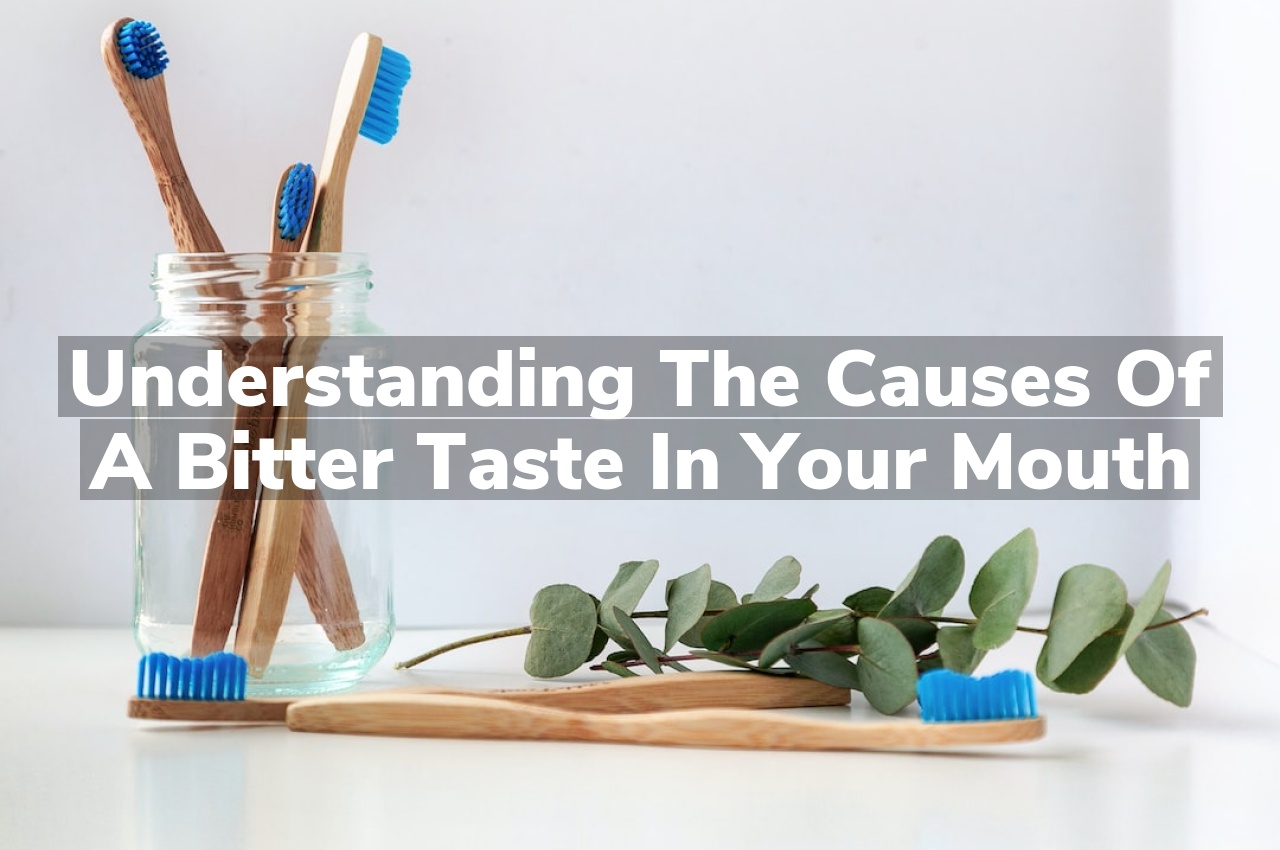Have you ever wondered why you sometimes wake up with a bitter taste in your mouth? At South Cary Dental, we delve into the various causes of this unpleasant sensation, from dental health issues to dietary choices, providing insights to help you address and prevent it.
Unmasking Hidden Dental Health Issues
A bitter taste in your mouth can often be a red flag signaling underlying dental health issues that might not be immediately apparent. Conditions such as gum disease, infections, or even decaying teeth can contribute to this unpleasant sensation. It’s crucial to pay attention to oral hygiene and seek regular dental checkups to identify and address these problems early on. Ignoring such symptoms can lead to more severe dental issues, including tooth loss or more complicated conditions requiring extensive treatment.
Moreover, specific dental treatments, like veneers, can also influence the taste in your mouth, especially if they become damaged. A dislodged or damaged veneer can expose underlying tooth surfaces or lead to infection, both of which could result in a bitter taste. If you’re experiencing issues with your dental work, it’s essential to address them promptly to prevent further complications. For those who have encountered problems with their dental veneers, finding immediate care is crucial. Learn more about your options by reading What to Do If Your Dental Veneer Falls Off, which offers valuable advice on how to proceed in such situations.
Exploring Acid Reflux’s Bitter Secrets
Acid reflux, a common condition experienced by many, can be a surprising culprit behind the persistent bitter taste in your mouth. This condition occurs when stomach acid flows back into the esophagus, the tube connecting your mouth to your stomach. This backwash, often referred to as reflux, can irritate the lining of your esophagus and lead to various symptoms, including a bitter or sour taste. Understanding the connection between acid reflux and this unpleasant taste is crucial for identifying the right treatment options. Lifestyle changes, dietary adjustments, and medications are among the strategies that can help manage acid reflux and, consequently, reduce or eliminate the bitter taste in your mouth.
If you’re experiencing a persistent bitter taste in your mouth, it’s essential to consult with healthcare professionals who can provide personalized advice and treatment options. For those located in Cary, seeking expert dental advice can also be a pivotal step in addressing this issue, as oral health plays a significant role in our overall well-being. Visit Top Dentist Services in Cary, NC to explore how dental professionals can assist you in managing symptoms related to acid reflux and improving your oral health.
Medications: Unintended Taste Alterations
Many individuals experience a persistent bitter taste in their mouth as a side effect of certain medications. This phenomenon, known as drug-induced dysgeusia, can significantly impact one’s quality of life and enjoyment of food. A wide range of medications, including chemotherapy drugs, antibiotics, and medications used to treat high blood pressure, can lead to unintended taste alterations. The chemical composition of these drugs can interfere with the normal functioning of taste buds or alter the way taste signals are processed by the brain. Understanding that this bitter taste could be a side effect of medication is crucial for addressing the issue effectively. Consulting with a healthcare provider can help in identifying the specific cause and exploring possible adjustments to the treatment plan to alleviate this unpleasant symptom.
Nutritional Deficiencies’ Surprising Effects
Nutritional deficiencies can have a wide array of surprising effects on your body, one of which includes experiencing a persistent bitter taste in your mouth. This unusual sensation can be attributed to the lack of certain vitamins and minerals that are essential for maintaining your oral health and overall well-being. For instance, deficiencies in vitamins B12, zinc, and iron have been closely linked to alterations in taste perception. These nutrients play a crucial role in the growth and repair of oral tissues, as well as in the proper functioning of taste buds. Without adequate levels, your mouth may not only lose its ability to accurately perceive tastes but also develop a lingering bitter taste. Ensuring a balanced diet rich in these essential nutrients can help prevent such deficiencies and maintain your oral health. For more insights into maintaining optimal oral health, visit South Cary Dental.
Dehydration’s Role in Taste Changes
Dehydration significantly impacts your body’s normal functions, including altering your sense of taste, leading to a bitter taste in your mouth. When you’re dehydrated, your saliva production decreases. Saliva is crucial for maintaining a balanced environment in your mouth, helping to wash away food particles and bacteria, and neutralizing acids. Without enough saliva, the natural flora of your mouth can change, and the concentration of certain substances in your saliva may increase, both of which can contribute to a bitter taste. Ensuring adequate hydration is a simple yet effective way to help prevent this issue and maintain a healthy sense of taste.
Conclusion
For personalized dental care that addresses the root cause of a bitter taste in your mouth, contact South Cary Dental at (919) 866-3200 or read our reviews on Google Maps.

